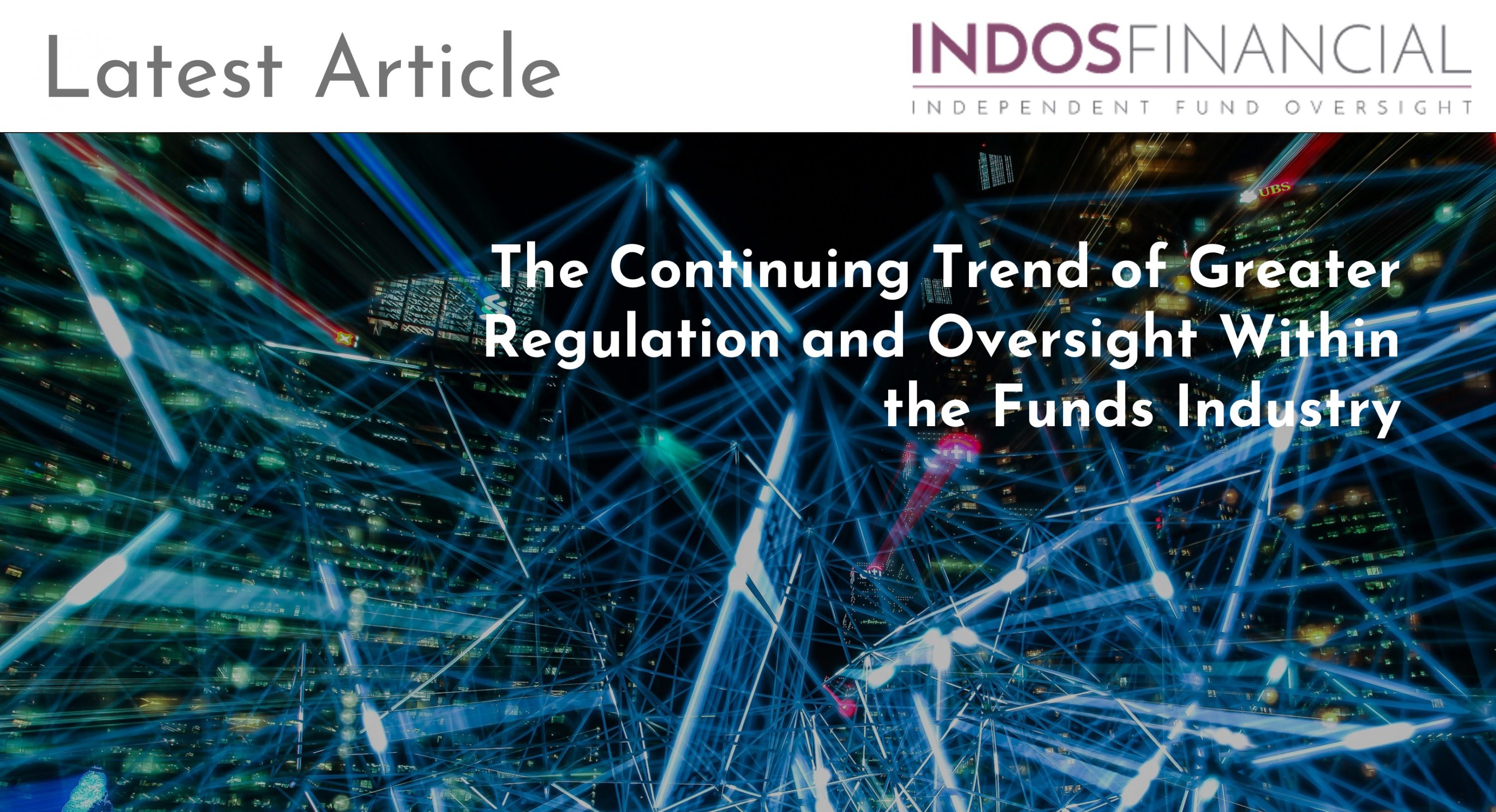Scrutiny of the alternative asset management industry by regulators, investors and fund directors is unlikely to taper off. Conversely, these market participants are taking an increasingly uncompromising line against asset managers and funds who they perceive as being too lightly regulated or without adequate governance and fund oversight.
Fund hubs ramp up their supervision
In the aftermath of the 2008 crisis, regulators – especially those in the European Union (EU) – took it upon themselves to improve standards across the asset management industry. Regulations such as the EU’s Alternative Investment Fund Managers Directive (AIFMD); Irish governance reform in the guise of CP86 and the UK’s Senior Managers and Certification Regime (SMCR) have all helped strengthen governance and accountability across the alternatives ecosystem.
Offshore fund domiciles were slower to adapt until relatively recently. These jurisdictions, however, acknowledge that they also need to reform if they are to retain market share and meet the expectations of institutional investors. Beginning in 2018, the Cayman Islands introduced anti-money laundering (AML) and counter terrorist financing legislation in response to the Caribbean Financial Action Task Force’s (FATF) recommendations on combating money laundering and terrorist financing. These changes are part of a wider regulatory overhaul.
The country’s regulator – the Cayman Islands Monetary Authority (CIMA) – is now pushing ahead with additional investor protection rules. The Private Funds Law 2020, which came into effect in February, requires all existing, closed ended private funds domiciled in the territory to register with CIMA by August 7, 2020. The rules also stipulate that private funds must comply with new custody, cash flow monitoring, asset verification and valuation requirements. Funds are also required to appoint a Cayman Islands registered auditor.
The Private Funds Law states that these duties can be undertaken by the manager themselves on condition they are carried out independently of the investment management process. Furthermore, any conflicts of interest need to be properly identified, managed, monitored and disclosed to investors.
Otherwise, managers can outsource some of these functions to an independent third-party service provider. These sorts of obligations are the norm for many open ended Cayman Islands funds managed by European managers subject to AIFMD, who appoint a depositary to undertake such activities. However, the provisions are new to the Cayman Islands’ closed ended funds industry. This could therefore result in alternative asset managers running closed ended offshore Cayman Islands funds turning to experienced depositaries for assistance.
Onshore markets tighten their oversight procedures
As the Cayman Islands becomes more regulated, a number of Hong Kong and Singaporean managers who have historically used the Caribbean territory as a domicile – are now rethinking their choice of jurisdiction. This has also been accelerated by the development of new fund structures in Singapore (the Variable Capital Company) and Hong Kong (the open ended fund company), both of which borrow heavily from equivalent European fund structures.
Moving forward, it is possible that Hong Kong and Singapore could further strengthen their governance standards and integrate even more of AIFMD/UCITS’ requirements into their local laws, including the mandatory appointment of a depositary. Asian fund buyers have long supported the investor protections available to them under AIFMD/UCITS in particular. By insisting locally domiciled funds appoint a depositary, market regulators in Singapore and Hong Kong could play a material role in driving inflows into their domestic fund structures.
European regulators are also beginning to take a tougher and more proactive line on fund oversight. The CSSF in Luxembourg, for example, recently levied fines against two depositaries for their failure to comply with the rules. Consequentially, it is crucial that alternative asset managers give proper thought when selecting their depositary provider.
Investors and fund directors take aim
Institutional investors have for many years expressed reservations about the calibre and quality of fund governance. Although the hedge fund industry has made notable improvements to its corporate governance, the private equity world has yet to make quite the same progress. This is partly because private equity firms execute fewer transactions than hedge funds as their holdings are illiquid. Nonetheless, a number of investors are now urging private equity firms to improve their corporate governance processes.
Governance practices are also being enhanced as a result of regulations such as SMCR, which subject senior managers at financial institutions – including asset managers – to greater levels of accountability. Anecdotally, there is now growing evidence that fund directors are taking a more active approach to carrying out their fund oversight duties, including more careful examination of risk management processes and performance of service providers. The COVID-19 crisis will certainly reinforce the importance of effective fund oversight and on-going monitoring.




